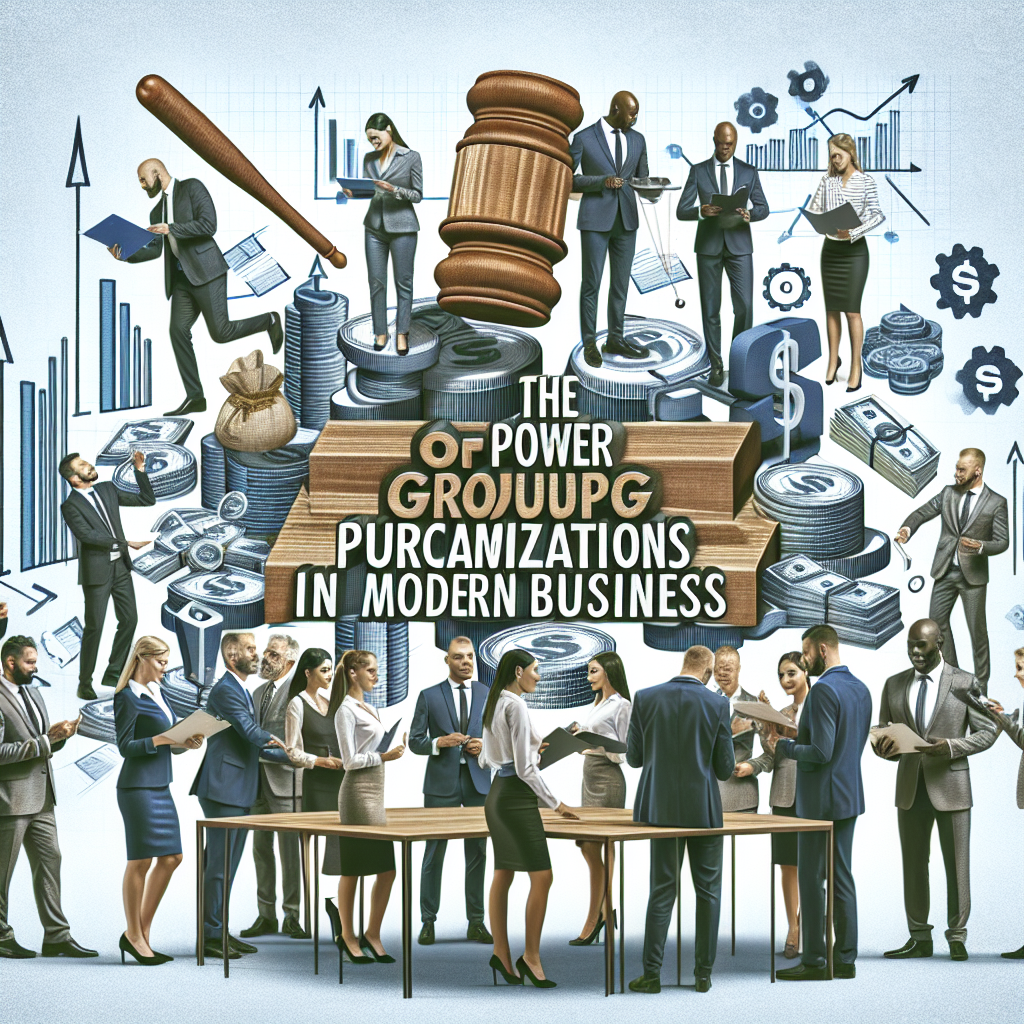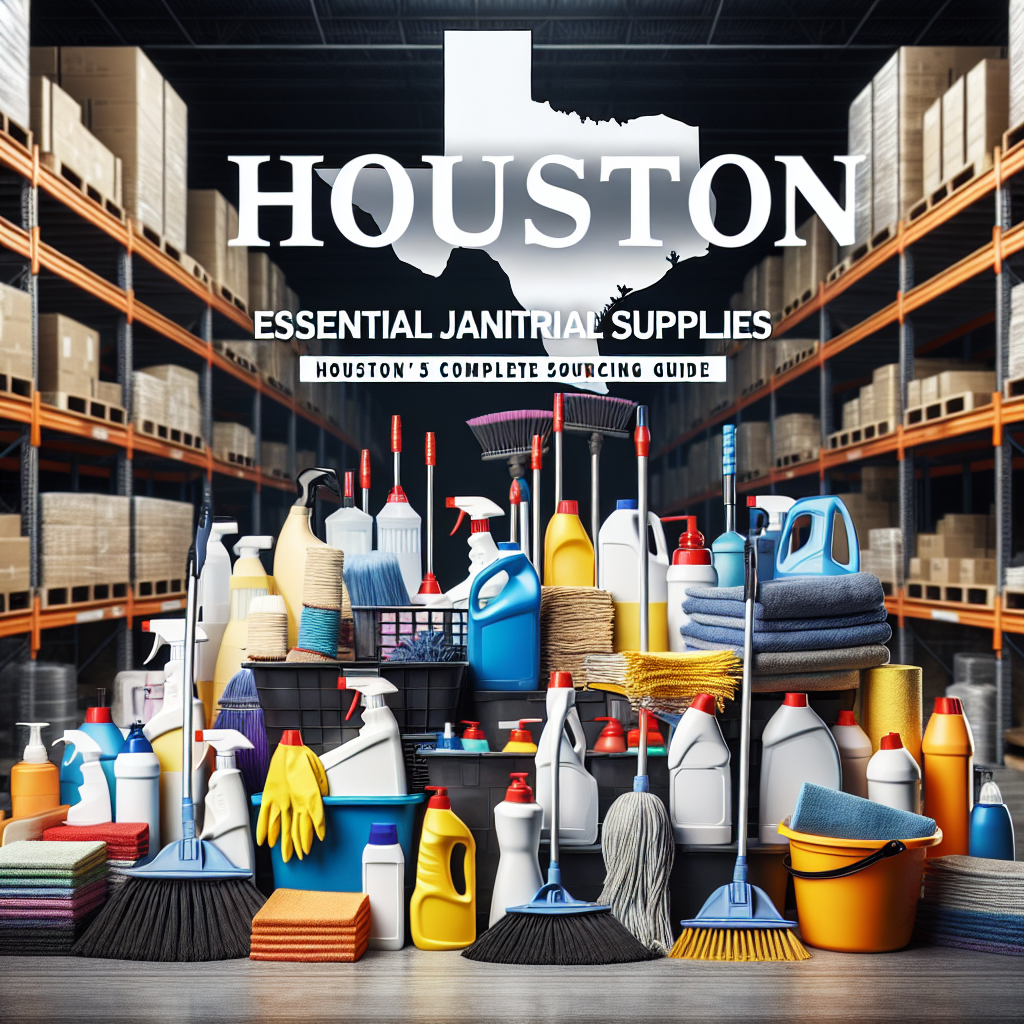Introduction
Procurement consulting is a specialized service that helps organizations streamline their purchasing processes, ensuring they get the best value for their money. Imagine having an expert who can navigate the complexities of vendor relationships, negotiate better deals, and implement efficient procurement strategies. That’s what a procurement consultant does.
Key takeaway: Knowing when to bring in a procurement consultant can be a game-changer for your organization. It can lead to:
- Improved efficiency: Eliminate bottlenecks and speed up purchasing workflows.
- Cost savings: Reduce unnecessary expenditures and secure better pricing from suppliers.
- Strategic alignment: Ensure your procurement activities support your broader business goals.
Understanding the signs that signal the need for a procurement consultant can set you on the path to greater organizational success.
Understanding Procurement Consulting
Procurement consultants play a crucial role in helping organizations streamline and improve their purchasing processes. They bring specialized knowledge to identify inefficiencies, reduce costs, and ensure that procurement strategies align with broader business goals.
Definition and Role of Procurement Consultants
Procurement consultants are experts who assist businesses in managing their procurement functions more effectively. Their role includes:
- Analyzing current procurement processes: Identifying bottlenecks and areas for improvement.
- Developing strategic plans: Crafting long-term procurement strategies that align with organizational objectives.
- Implementing best practices: Introducing industry-standard practices to drive efficiency.
- Supplier management: Enhancing relationships with suppliers to foster innovation and reduce risks.
By focusing on these areas, procurement consultants help organizations achieve significant cost savings and operational efficiencies.
Common Procurement Challenges and Tailored Solutions
Every business faces unique challenges in its procurement processes. Here are some common issues and how procurement consultants provide tailored solutions:
- Inefficiencies in Procurement Processes
- Challenge: Delays, errors, and excessive costs can plague purchasing workflows.
- Solution: Consultants conduct thorough process reviews to identify inefficiencies. They recommend streamlined workflows, automated systems, and best practices to minimize errors and reduce costs.
- Risk Management Issues
- Challenge: Supply chain disruptions and compliance risks require specialized knowledge.
- Solution: With their expertise, consultants develop robust risk management strategies. This includes diversifying suppliers, implementing compliance checks, and creating contingency plans for disruptions.
- Supplier Relationship Management
- Challenge: Poor supplier relationships can lead to higher costs and reduced innovation. Solution: Consultants work on fostering strong partnerships with key suppliers. They negotiate better terms, encourage collaborative innovation, and ensure consistent quality.
For a deeper dive into avoiding workplace purchasing errors, you might find this resource helpful. Additionally, effective supplier relationship management is crucial for any organization aiming to optimize its procurement function.
Understanding these challenges highlights the importance of engaging a procurement consultant who can deliver customized solutions tailored to your specific needs.
Signs Your Organization Needs Procurement Consulting Services
Recognizing the signs that your organization might need procurement consulting can make a world of difference. Below are some key indicators suggesting that external expertise could benefit your procurement function:
1. Inefficiencies in Procurement Processes
Delays, errors, and excessive costs can be red flags indicating inefficiencies in your current purchasing workflows.
Common Issues:
- Delayed Approvals: If purchase orders or supplier contracts take too long to finalize, this could lead to missed opportunities and strained vendor relationships.
- Frequent Errors: Mistakes in order quantities, incorrect item specifications, or financial discrepancies often point to underlying process flaws.
- Excessive Costs: Spending more than necessary on goods and services due to inadequate negotiation strategies or lack of market insights.
Example Scenario: Imagine consistently facing delays in getting essential supplies due to a cumbersome approval process. This not only frustrates team members but also disrupts project timelines. Engaging a procurement consultant can streamline these workflows by identifying bottlenecks and implementing more efficient procedures.
2. Risk Management Issues
Identifying vulnerabilities such as supply chain disruptions or compliance risks is crucial for maintaining a resilient procurement strategy.
Common Risks:
- Supply Chain Disruptions: Natural disasters, geopolitical tensions, or supplier bankruptcies can severely impact your ability to procure necessary materials.
- Compliance Risks: Failure to adhere to industry regulations or contractual obligations can result in legal penalties and reputational damage.
- Vendor Reliability: Dependence on unreliable suppliers increases the risk of late deliveries or substandard products.
Example Scenario: A sudden political upheaval disrupts your primary supplier’s operations, creating an urgent need for an alternative source. A procurement consultant with specialized knowledge can help you develop contingency plans and diversify your supplier base.
As you delve deeper into the complexities of procurement processes and risk management, it’s crucial to keep an eye out for these signs within your organization.
The Benefits of Hiring a Procurement Consultant
1. Strategic Planning and Process Reviews
A procurement consultant helps you develop a long-term procurement strategy aligned with your organizational goals, ensuring every purchase adds value. Through comprehensive process assessments, consultants identify areas for immediate improvement, eliminating cost overruns and enhancing efficiency.
For example, if your current procurement process is plagued by delays or errors, a consultant can streamline workflows and introduce best practices that save time and reduce costs. They may suggest adopting digital tools or automating certain tasks to minimize human error and speed up transactions.
2. Supplier Relationship Management
A procurement consultant plays a vital role in fostering strong partnerships with suppliers, driving innovation, reducing costs, and mitigating risks throughout the supply chain.
Consider supply chain disruptions; they can wreak havoc on your operations. With a consultant’s expertise, you can establish robust Supplier Relationship Management (SRM) practices that ensure continuity even during crises. Strong SRM practices enable you to:
- Negotiate better terms with suppliers
- Ensure consistent quality of goods and services
- Anticipate and manage risks effectively
Consultants often have extensive networks and insights into industry trends, helping you stay ahead of potential supply chain disruptions.
Engaging a procurement consultant not only addresses immediate concerns but also sets your organization on a path to sustainable success through strategic planning and effective supplier management.
Evaluating the Costs and ROI of Engaging a Procurement Consultant
When considering procurement consulting, understanding the costs involved and the potential return on investment (ROI) is crucial.
Different Pricing Structures
Procurement consultants offer various pricing structures tailored to fit different organizational needs and budgets. The two most common models are:
- Hourly Rates: This model involves paying the consultant for each hour worked. It provides flexibility, especially for short-term projects or when you need sporadic expert advice. Hourly rates can range significantly based on the consultant’s experience and the complexity of the project.
- Fixed Project Fees: Here, you agree on a set fee for the entire project. This model is beneficial for larger, more defined projects where the scope of work is clear from the outset. It offers cost predictability and helps in budgeting.
Some consultants might also offer retainer agreements, which involve paying a regular fee to keep their services available as needed. This is particularly useful for ongoing support or long-term projects.
Factors influencing overall costs include:
- Project Complexity: More intricate projects with multiple moving parts will naturally demand higher fees.
- Duration: Longer projects typically incur higher costs but can also provide more substantial benefits.
Assessing ROI
Evaluating the return on investment from hiring a procurement consultant involves looking at both tangible and intangible outcomes:
Tangible Outcomes
- Cost Savings: A primary goal of engaging a procurement consultant is to achieve significant cost reductions. By optimizing procurement processes, negotiating better terms with suppliers, and leveraging bulk purchasing power, consultants can help you save substantial amounts.
- Efficiency Improvements: Streamlined processes lead to faster procurement cycles and fewer errors, translating into direct savings.
Intangible Benefits
- Knowledge Transfer: Consultants bring specialized knowledge that can be transferred to your team, enhancing their skills and improving future procurement efforts.
- Risk Mitigation: With expert guidance, your organization can better manage risks related to supply chain disruptions or compliance issues.
Linking Opportunities
For those looking to dive deeper into related topics:
- Small Business Procurement: Explore strategies tailored specifically for smaller organizations.
- Group Purchasing Leverage: Learn how leveraging group purchasing organizations (GPOs) can yield better terms with suppliers.
- Vendor Management: Understand best practices in managing vendor relationships effectively.
Understanding these aspects helps in making an informed decision about whether engaging a procurement consultant aligns with your organization’s strategic goals and financial constraints.
Finding the Right Procurement Consultant for Your Organization
Choosing the right procurement consultant is a critical decision. You want someone who not only understands your industry but can also seamlessly integrate with your team. Let’s break down some essential criteria to consider:
Key Criteria for Selection
1. Relevant Industry Expertise
- Look for a consultant with deep experience in your specific sector. Whether you’re dealing with healthcare supplies, industrial equipment, or office products, their specialized knowledge can be invaluable.
- Check their track record. Have they successfully completed similar projects? Testimonials and case studies can offer insights into their capabilities.
2. Interpersonal Skills
- Effective collaboration hinges on strong interpersonal skills. Your consultant should be able to communicate clearly and work well with diverse teams.
- Assess their ability to foster positive relationships, both within your organization and with external suppliers.
3. Problem-Solving Abilities
- Procurement often involves complex challenges. A good consultant will have a proven ability to think critically and solve problems creatively.
- Ask about specific instances where they’ve overcome significant procurement hurdles.
Questions to Ask During Initial Meetings
During your first meetings with potential consultants, ask questions that help you gauge their fit with your organization:
1. Experience and Approach
- “Can you share examples of how you’ve handled similar procurement challenges in our industry?”
- “What methodologies do you use to optimize procurement processes?”
2. Cultural Fit
- “How do you ensure alignment with our company culture?”
- “Can you describe a situation where you had to adapt your approach to fit a client’s unique needs?”
3. Performance Metrics
- “What key performance indicators (KPIs) do you use to measure success?”
- “How do you track progress and ensure continuous improvement throughout the project?”
Seamless Integration of Consultants
Ensuring that the consultant’s approach aligns with your organization’s culture is vital for a successful partnership. For instance, if you’re heavily involved in Group Purchasing Organizations (GPOs), it might be beneficial to explore resources on the evolution and impact of GPOs to understand how a consultant can enhance these relationships.
Additionally, if procurement optimization is a priority, checking out materials related to procurement optimization could provide valuable context when interviewing potential consultants.
Finding the right specialist procurement consultants available takes time and careful consideration but ensuring they meet these criteria can set the stage for a productive collaboration that drives value across your organization.
Conclusion
Engaging a procurement consultant can be a game-changer for your organization, driving sustainable value and optimizing your procurement function. By strategically leveraging external expertise, you can unlock new efficiencies, reduce costs, and align purchasing processes with broader organizational goals.
Who We Are
Hubzone Depot LLC is a certified HUBZone small business and Women’s Business Enterprise (WBE). Founded by Jessica S. Presco, we specialize in providing best-in-class office and industrial supplies and services to public sector clients.
What We Do
Our mission is to deliver transparent reporting, a four-stage method for value and time savings, ongoing account management, and benchmarking against purchasing trends. With over 15 years of market data and advanced monitoring systems, we ensure optimal performance and significant cost reductions for our clients.
Resources
Explore more on how to empower your procurement:
- Tail Spend Analytics – Archives of Tier 1 HUBZone Certified Woman-Owned Office and Industrial Supplier
- Navigating Procurement in 2024 – Maximize success with HUBZone certified suppliers
- Complete Guide to Group Purchasing – Learn about GPO benefits for cost savings
Let’s Connect
Interested in learning more? Reach out to us for personalized support and seamless implementation of strategic solutions designed to optimize your procurement operations.





